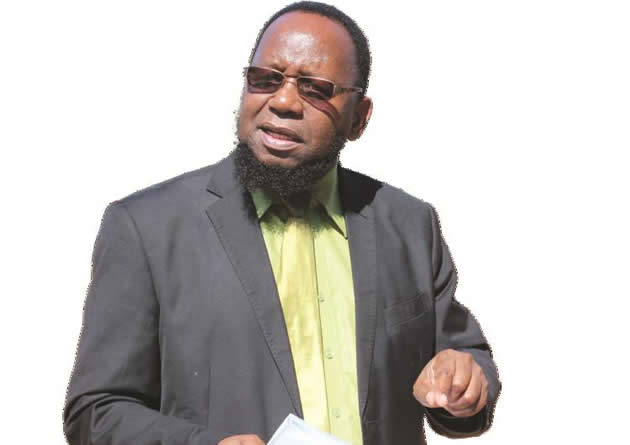EDITORIAL COMMENT: Looking for work in SA not worth it

 Matabeleland region has a rare breed of orphans. Hundreds of children practically lead the lives of orphans, under the care of their grandparents as their parents are away working in South Africa.
Matabeleland region has a rare breed of orphans. Hundreds of children practically lead the lives of orphans, under the care of their grandparents as their parents are away working in South Africa.
Some have good jobs that give them a comfortable life down south and enough money to send back home for their children and those looking after them. Others, and they are the majority, have low-paying jobs or none at all, so they live rough and lack money to send back home.
The results for this emigration are multifaceted. Indeed, the few with formal jobs are good examples of what South Africa can do, but for the majority it is horror for them as they resort to prostitution, robbery and other crimes to survive. Men, who leave their wives home, tend to engage in risky sexual activity. When one commits that mistake in South Africa, chances are high that they contract HIV in a country with the world’s fourth highest prevalence rate of the virus and home to the globe’s biggest population of HIV-positive people — 6,4 million. They fall sick, lose their jobs, return home spent or dead.
Many should have been shocked to read a front page story in Chronicle yesterday of a mother who left to work in South Africa, leaving her three minor children under the care of a maid! One of her children, a girl, 10, regrettably suffered the worst as the maid pimped her to many men in Plumtree. The maid was recently arrested for the crime and is charged with rape. She argues in her defence that her employer does not send enough money to look after her children so she resorted to facilitating the abuse of the girl to raise money for food. If the maid is being truthful, what is the minors’ mother doing in South Africa then?
We have published many stories of children whose parents leave them under the care of relatives (not maids until yesterday), but end up being raped and subjected to other forms of emotional and physical abuse.
The question to ask given the adverse social implications of the south-bound migration is “What’s the point?”
As we have noted earlier, there are some good elements of that migration but we argue that the majority must think, research and prepare most carefully before they emigrate.
It is clear that a majority of the migrants who leave their children orphaned back home are undocumented, uneducated, so have low-paying jobs or none at all. For these, it is better to stay home rather than move abroad to leave their children in trouble that renders eternal emotional scars on them.
They must go to school, get a course and work experience. If they still decide it is useful to move to South Africa, do so in a dignified manner. They stand a better chance of getting a decent job that pays well for them to be able to live more comfortably with their families in that country.
We don’t underestimate the contribution of the prevailing economic challenges in abetting the migration and indirectly, the adverse consequences of that. But if a search for a living results in you losing that life or endangering the social and physical security of your children, then it is not worth it.
We regard the mass emigration of people from Matabeleland to South Africa, and a few to Botswana as, to some extent, a negative culture that must be confronted if some social and health challenges being faced in the region are to be addressed.
The government must lead the effort to educate the people, including the younger ones, on the possible dangers of moving abroad with no proper thought and preparation. Community leaders, educational institutions and industry have a role too. The thrust would need to be broadened and deepened beyond sensitisation to materially enhancing the people’s wellbeing through job creation and other empowerment initiatives.
Vice-President Phelekezela Mphoko warned pupils at a very appropriate setting and occasion, Majiji High in Bubi, early this month while donating educational books to their school that it is not all rosy down south.
“Don’t think there’s life for you across the border,” the former Ambassador to South Africa said. “In these books is where your life is, there’s nothing for you there. Concentrate on your education and not crossing to South Africa illegally.”
Showing the kids a picture of umagumaguma (men who help people skip the border) carrying a child after the mother had fled the police while illegally crossing Limpopo River into the neighbouring country, he added: “What do you think this umagumaguma did to this child after the mother had fled? Obviously he threw the child into the water. You pay omalayitsha between R1,000 to R1,500 to cross illegally. Those who don’t have the money, if you’re a girl, omalayitsha – upon reaching South Africa – will detain you at their house and tell their friends that they’ve a young girl. They’ll hire you to their friends and by the time they recoup their money, you would have fallen sick and come back home in a coffin carrying flowers on your chest. The boys on the other hand would be hired to homosexuals. There’s no better place than home. Don’t rush to South Africa, there’s death there.”











Comments